From $2.1 billion left by Jonathan, Buhari depletes excess crude account to $60 million
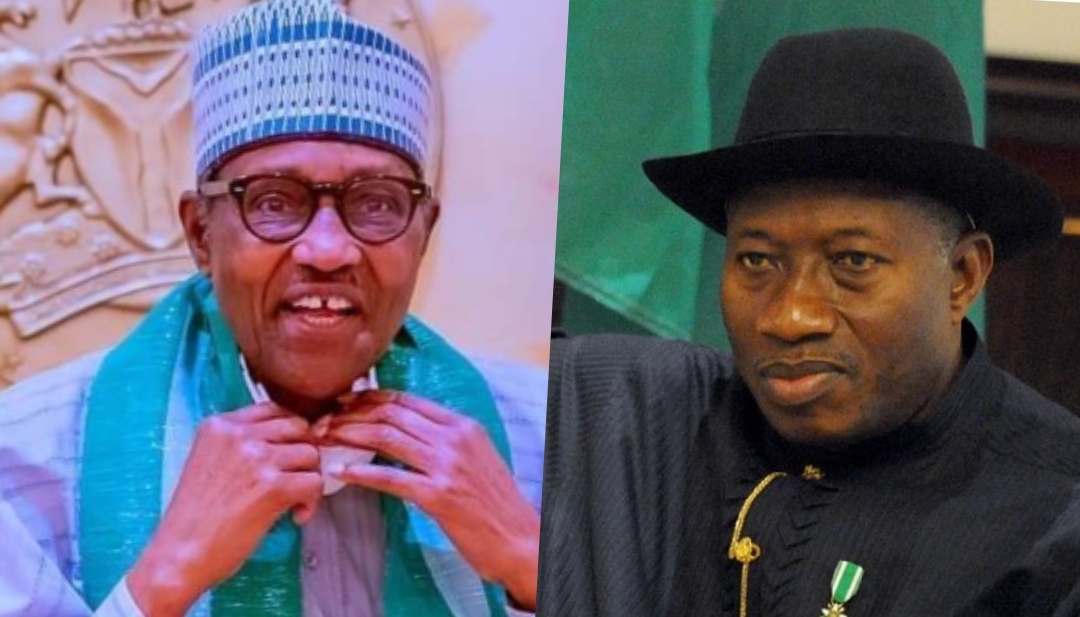
President Muhammadu Buhari’s regime has announced that Nigeria’s Excess Crude Account (ECA) balance as of October stands at $60, 857,773.43, a drastic depletion from the $2.1 billion left by Goodluck Jonathan’s administration.
Clem Agba, the minister of state for budget and national planning gave the update during the national economic council meeting at the State House in Abuja on Friday, according to a statement by Laolu Akande, spokesperson to Vice-President Yemi Osinbajo.
“Excess Crude Account (ECA) balance as at 13th October 2021 stands at $60, 857,773.43; Stabilisation Account, balance as at 13th October stands at N25,009,892,511.55; Development of Natural Resources Account balance as at 13th October 2021 stands at N56,144,024,000.71,” the statement said.
As of July 13, NEC announced that the excess account balance stood at $60.8 million while stabilisation account was N26.3 billion with the natural resources account balance standing at N23.5 billion.
The ECA, created in 2004 by former President Olusegun Obasanjo for the sole aim of saving oil revenue in excess of the budgeted benchmark, stood at $3.6 billion in February 2014, one of the highest balances on record.
In 2015, the former minister of finance Ngozi Okonjo-Iweala disclosed that the country earned $61.7 billion (about N12.3 trillion) as excess crude oil money between 2011 and 2015.
The minister said Nigeria earned about $18.14 billion in 2011; $18.16 billion in 2012; $15.19 billion in 2013; $8.01 billion in 2014, and $2.17 billion in 2015.
As of August 2015, after Mr Buhari assumed office, it stood at $2.2 billion but it gradually depleted.
The Central Bank of Nigeria in its 2018 report said that the country’s excess crude account fell from $2.45 billion in 2017 to $480 million as of December 2018.
Statistics from the ministry of finance had also revealed that the Buhari regime withdrew N1.5 trillion (about $4.92bn) between 2015 and 2019 from the account. $1 billion was withdrawn in 2017 on basis that it will be used to procure arms and train personnel in the fight against Boko Haram insurgents in the North-East.
A 2020 analysis by BudgIT, a civic organisation had indicated that Nigeria’s excess crude oil under Mr Buhari stood at $631 million in December 2018, $324 million in October 2019, and fell to $70 million in February 2020.
We have recently deactivated our website's comment provider in favour of other channels of distribution and commentary. We encourage you to join the conversation on our stories via our Facebook, Twitter and other social media pages.
More from Peoples Gazette

Politics
Katsina youths pledge to deliver over 2 million votes to Atiku
“Katsina State is Atiku’s political base because it is his second home.”
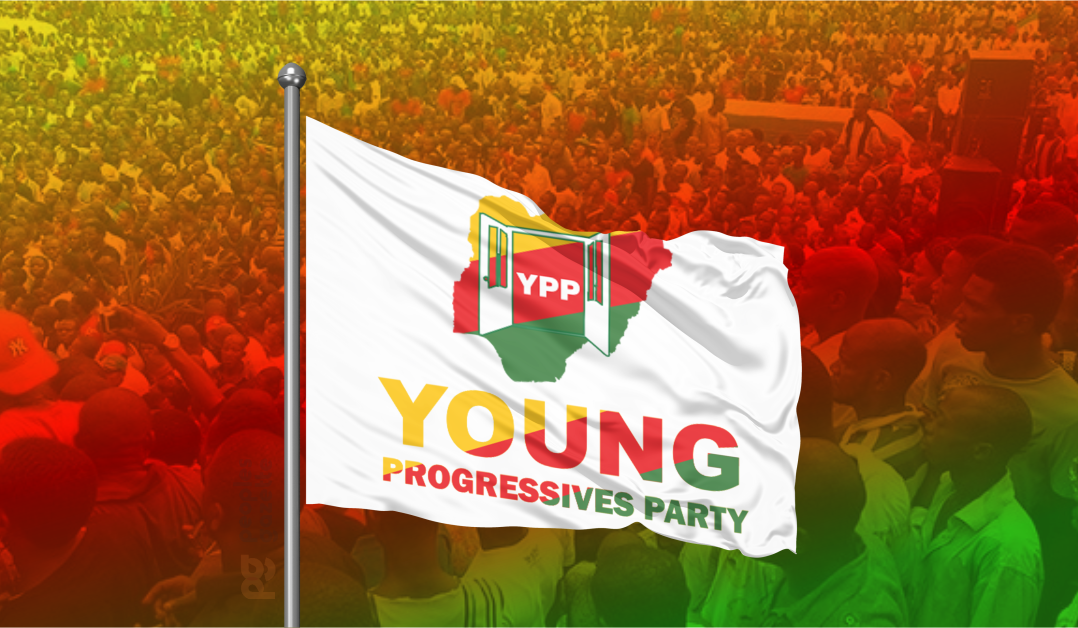
States
YPP offers free nomination form to ex-student leader ahead of Ondo gov poll
“It is a challenge to me, to justify the huge confidence reposed in me.’’
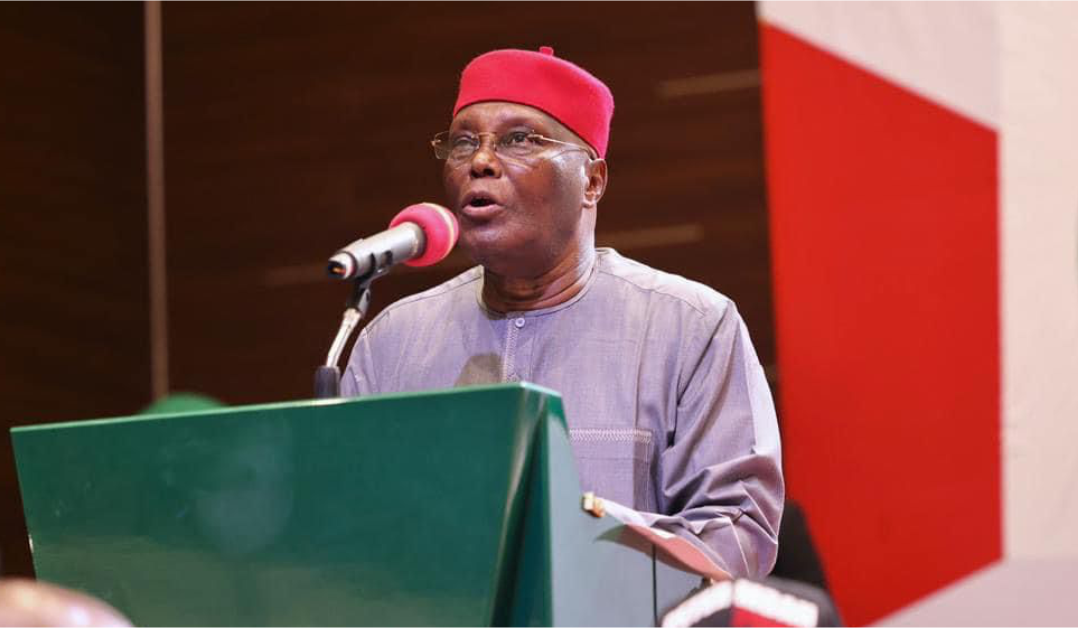
States
Adamawa PDP stakeholders’ support for Atiku unshakable: Chieftain
“We will rally round Atiku in 2027 to ensure that he contests the presidency.’’
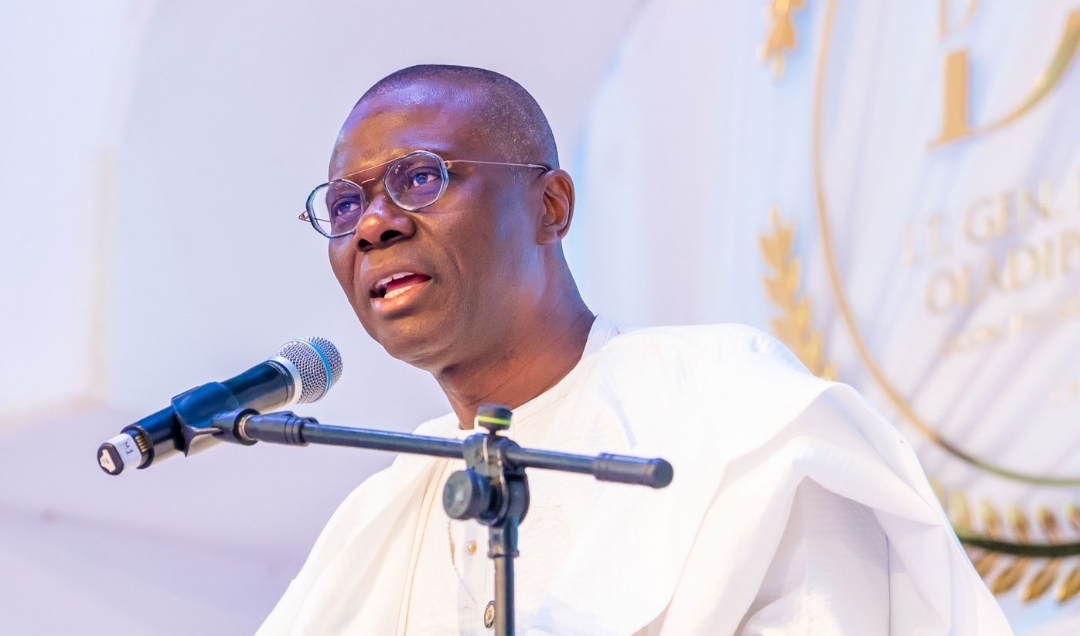
Lagos
Sanwo-Olu tasks pioneer graduates of Jakande leadership academy on innovation
“You have to be able to innovate for us. You are here not as leaders of tomorrow not today.’’
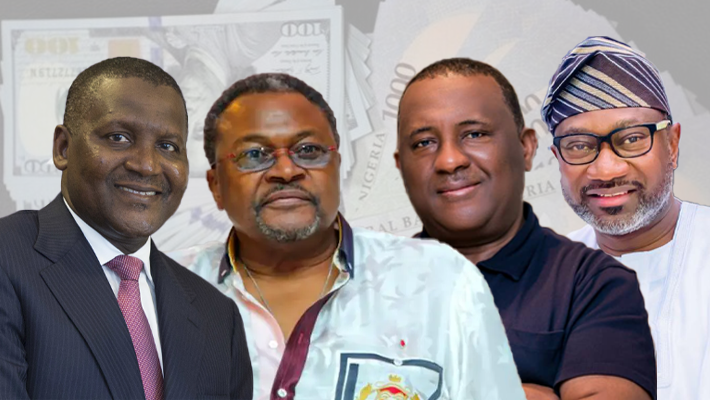
Economy
Nigeria, four others account for 90% of Africa’s billionaires: Report
The total investable wealth currently held in African amounts to $2.5 trillion
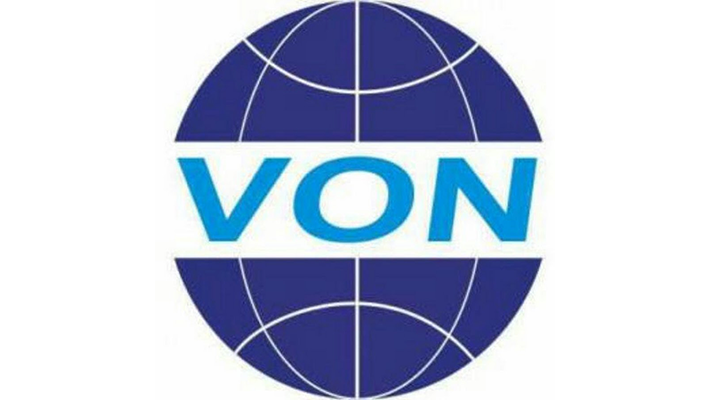
NationWide
Angola Embassy to facilitate VON’s broadcast in Portuguese
The Angola Embassy said it accepted to work with VON because it is a public radio.
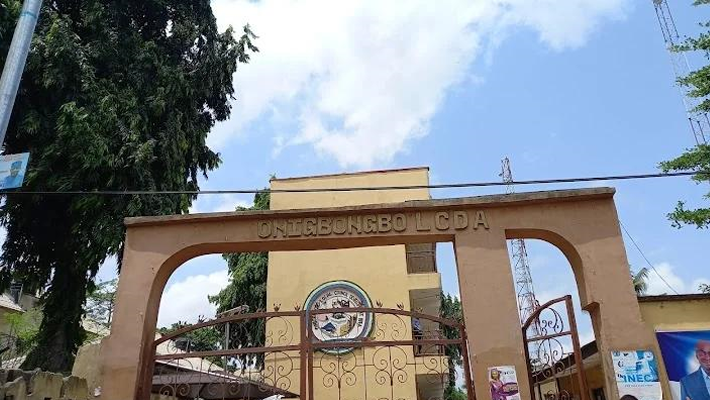
Lagos
Onigbongbo LCDA holds public hearing on amendments to seven bye-laws
The legislative arm called on stakeholders and concerned residents to make themselves available for their inputs.








